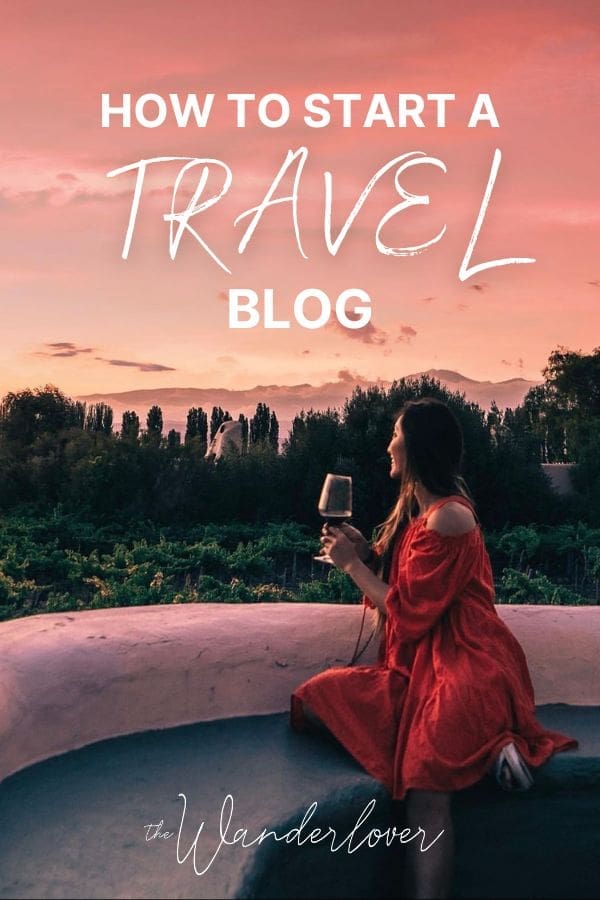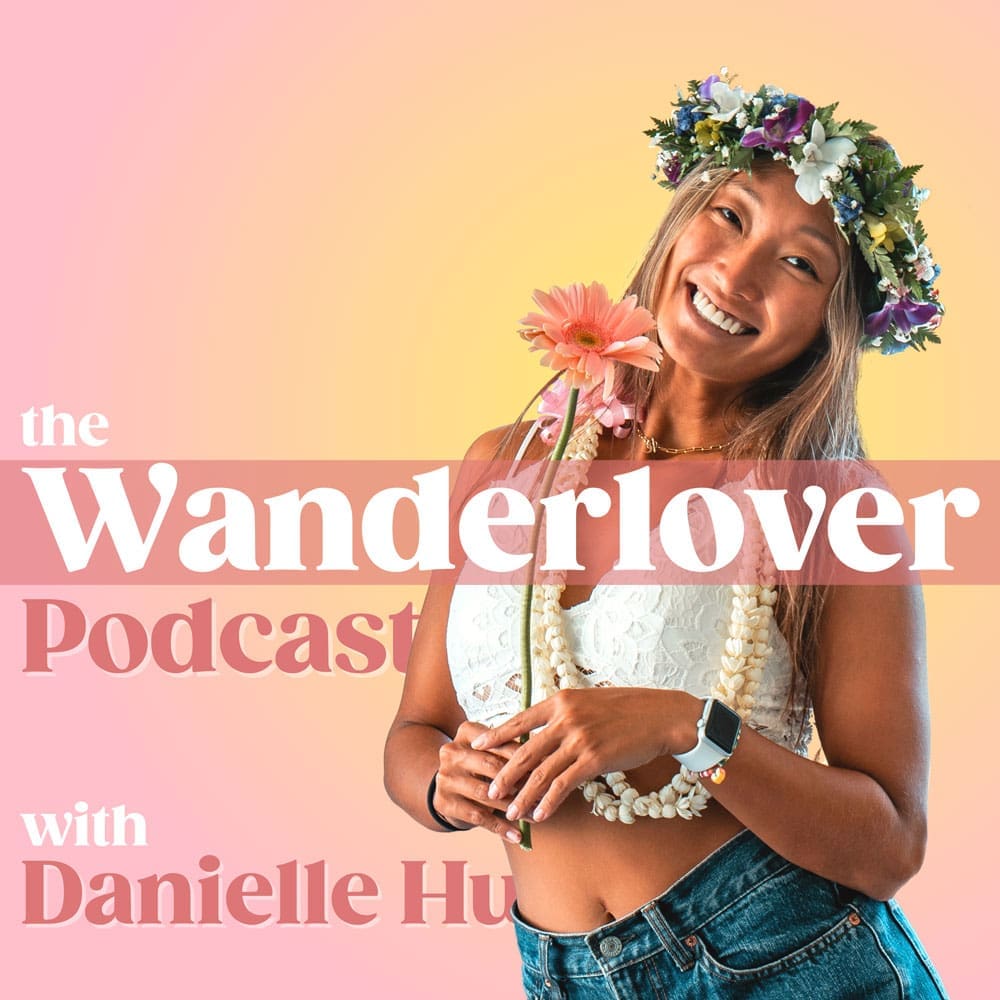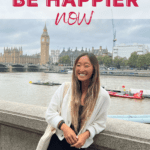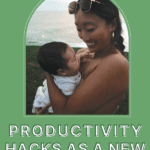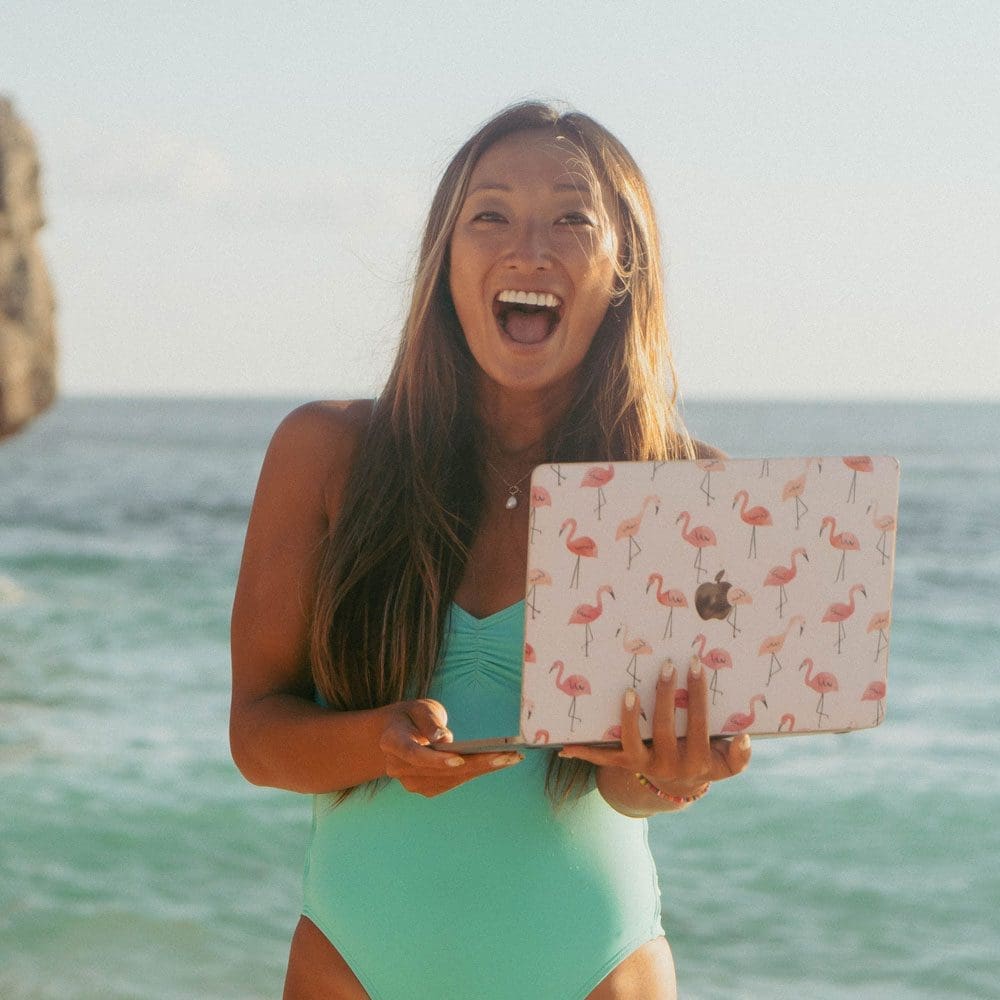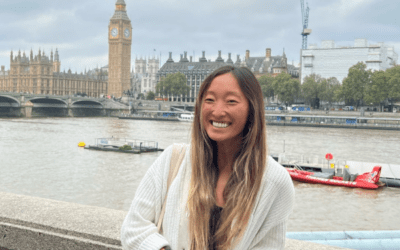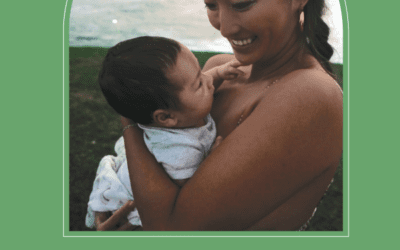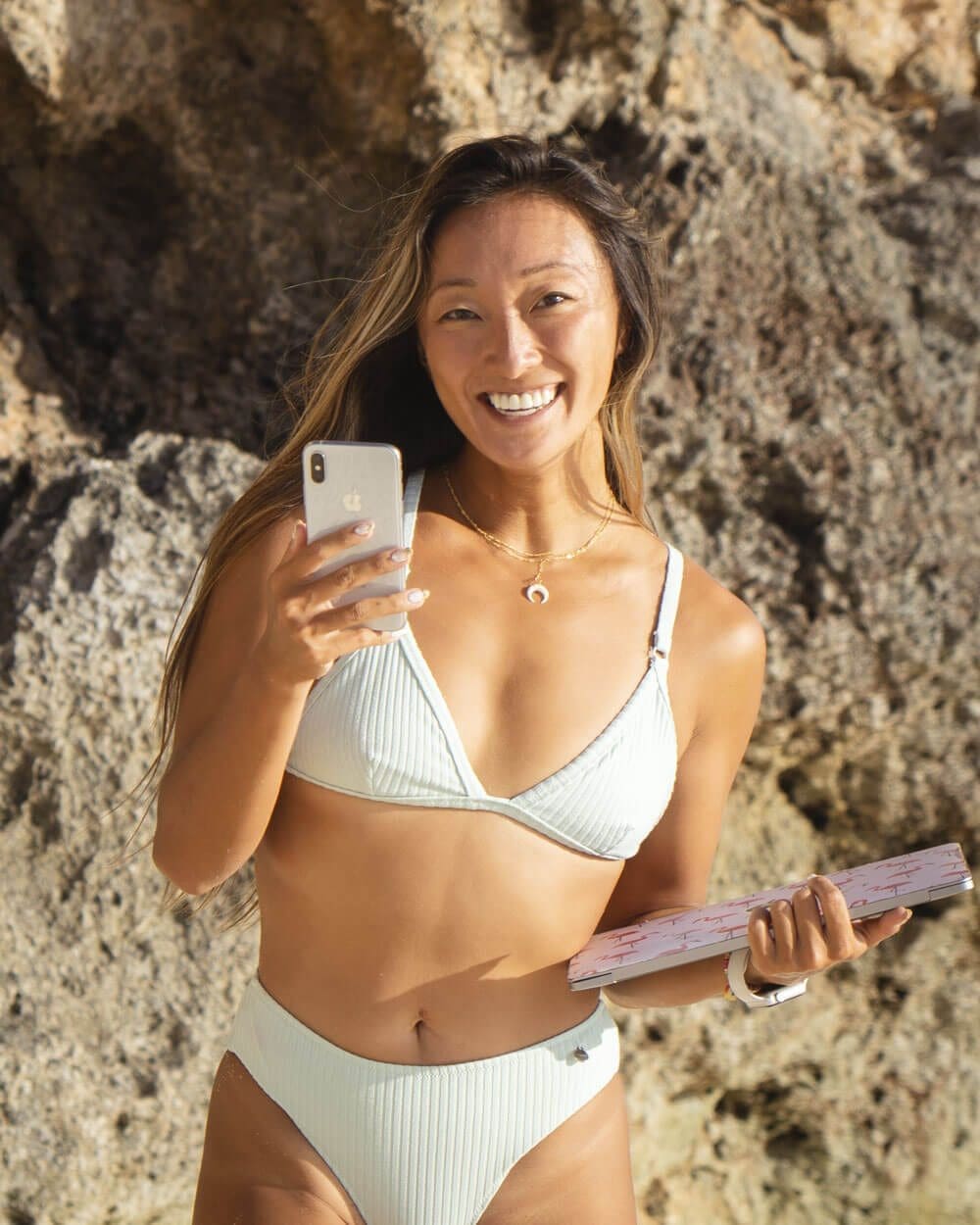In this episode, we cover when to start a podcast (8:02), logistics ranging from the name of your podcast to equipment recommendations (10:15), finding a hosting provider and preparing for launch (16:55), and last but not least, how to promote your podcast (25:26).
Quick Links
✧ Join the Digital Nomad Society for Just $7/Month
✧ Follow The Wanderlover Podcast on Instagram
Audio Transcript
Hello everyone and welcome back to The Wanderlover Podcast. This is our third episode in 2021, I think.
(46s):
And I feel like I can speak for everyone when I say that 2021 has been off to a, an interesting start. So I know I’m not the only one who has set really big goals, really big intentions for the year. And I feel like at times it’s gotten thrown off, I’ll be having a really great day and then turn on the news. And then, you know, I see riots in the Capitol and I’m like, Oh, what is going on? I thought like we left everything behind in 2020, but it’s also a learning experience, right? Like as we go through this while I have learned is for the sake of my sanity and just focus on what is important, it’s really important for me, at least to limit the amount of time I am exposed to the news nowadays, especially with everything going on, it can be just very draining with that being said, let’s flip over to everything going very, very well in 2021.
(1m 44s):
I always say there can’t be a rainbow without any rain. And so yes, there has been rain, but let us focus on the rainbows. If you’re tuning into this episode on Monday, that means I am currently on my flight to Hawaii. I will definitely share more on my stories, but if you guys haven’t been Hawaii is literally one of my favorite places on earth. I’ve only been there once before, but fell in love. And actually now, as I’m getting older and older and getting to the age where people are having discussions about, you know, settling down and adulting or just being in one place, I’ve definitely given it some thought that maybe down the line in the future, I will buy a house in Hawaii and have a base like a location base, which to be honest, never crossed my mind until very recently when all of these new conversations about, you know, weddings and engagements and settling down, ah, yeah.
(2m 55s):
Anyway, Hawaii is where I will be for the next few months. And I can not wait to arrive and show you guys all the good food that I’m going to be eating all the good surf and you should definitely follow along on Instagram. Another amazing thing that happened this month, last week I launched my first mastermind momentum mastermind, and I am just over the moon. Excited. We’ve been getting such positive feedback about the new program structure already. I am hopping on discovery calls with many of you this week and lots and lots of questions. The most common one being actually, what is a mastermind.
(3m 35s):
And I understand this is a new concept to many of you. And I just want to share how the concept came into fruition in the first place. So last year in 2020, I was only taking on private business coaching clients. And a few of them actually came up to me on separate occasions and were like, you know, Danielle, sometimes I wish I had a supportive group dynamic alongside our private coaching calls. And this usually came up when they were going through like a common struggle that all entrepreneurs face, usually when it’s something technical and they think that they’re either falling behind or they’re struggling way too hard and that no one else is struggling as hard as they are.
(4m 20s):
And I’m like, no, trust me, every single person goes through this and I could have almost predicted that it would happen at one point or another, but you just need to be resilient and get through it. And it’s going to be easier. And at those points, you know, when I’m the one coaching and encouraging them, it really helps having other people on the same path who are like, you know, I went through that too. You’ll get through it. What she’s saying is right, most just being like my backup support. And so responding to that, I created this container where it’s almost a mix of private coaching and group coaching. So the program runs from March to June and we are going to have group calls every single week.
(5m 4s):
And you start off with a private coaching goal mapping call just with me at the beginning of March. So you’ll know exactly what to focus on in terms of social media, in terms of mindset, marketing and business strategy for the next four months. And my intention with this mastermind, with my business and with everything that I offer is to give you the resources and the support you need to design a freedom-based lifestyle to have a profitable online business so that you can have time, freedom, location, freedom and financial freedom. I will be hosting this mastermind virtually from Hawaii. So I’ll be giving you all of the tropical vibes.
(5m 47s):
If this message is resonating with you and you feel aligned and drawn it to the specific mastermind at this time, please send me a DM or apply using the link in bio sending in an application, doesn’t guarantee you a spot nor does it lock you in. It’s simply so I can learn more about you and your business goals before you commit. And then we hop on a call to see if you’re a good fit. You literally have nothing to lose by applying, and I cannot wait to speak with you. Let’s skyrocket the momentum in your online business. All right, without any further ado, let’s get started with this week’s episode, how to start a podcast in 2021.
(6m 30s):
And as many of you may know, this podcast is very new. We are on episode 18 and we launched October 5th of 2020. So it’s been up for a little over three months and we’ve been releasing weekly episodes. I am checking Libsyn right now and we just hit 2,200 downloads. Whew, thank you guys so much for listening. So that is an honor, you know, having 2,200 plays of my episodes and being in your Ears, you know, that’s like Weird to say, but you guys are listening to my voice for extended periods of time.
(7m 14s):
Every day, I feel like rags doesn’t even get that. And I spend 24 seven with him. And if I talk for more than like 15 minutes continuously, he’ll be like, all right, that’s good. That’s enough. Now we were also nominated for our first award by the Asian American podcasters association for best new show of 2020, which is an amazing honor. So for the first three months of this podcast going live, I’d say We’re doing pretty well for ourselves and I’m really happy with it. I’ve gotten really good feedback and comments from all of you. And the main thing that makes me so happy is just connecting with every single one of you soles in one way or another.
(7m 58s):
I decided to do this episode because recently I’ve been getting two questions a lot. The first is, is it too late to start a podcast? And the second is, do you have any tips for starting a podcast? So in regards to the first, the only thing I will say about whether or not it is too late is that there’s this famous quote that comes to mind the best time to plant a tree was 20 years ago. And the second best time is now. And basically just with all the time that you are spending, deciding whether or not it is too late to start a podcast, trying to research or gather information if it’s too late, whatever that means, because you know, like YouTube is still around and I’m sure people were asking in like 2015, if it was too late to start a YouTube channel, but yeah, taking all that time into consideration and adding it, you probably could have started a podcast by now.
(8m 58s):
And I’m sorry if that’s a little harsh, but if you need a sign to start it, this is your sign. I’m literally going to walk you through. Step-by-step how to start and launch a podcast in like the next week, if you wanted to, and really committed, you can do it in less than a week. So I’ll break down every single step into what I’ll call, the more technical part of podcasting, which is, you know, getting your show into Or listeners ear. I’m going to do it saying that now, like I’m in your ear, I’m getting in your ear. I feel like it’s because I think of it. So literally I’m like, all right, my mind is wandering.
(9m 39s):
Anyway, I’m going to break it down into the technical part of podcasting and then onto the marketing side. So social media and promotional strategy, because I feel like that is where I see a lot of opportunity for new podcasters, because it’s understandable in the beginning, you are spending so much time trying to figure out how to get it online. And when the time comes out, it’s finally launched. You’re just there, like almost burned out like excited, but also being like, ah, yes, it’s hour and my work here is done. And that’s usually not the case. So keeping that in the back of your mind, first and foremost, let’s decide on a name for your podcast.
(10m 23s):
I am assuming that if you’re listening to this episode, you’ll have an idea of what you want your podcast to be about and what you’re going to share. So whether that’s you talking to the microphone like I am doing right now, or if you’re going to bring on guests or if it’s going to be like a group discussion, or if it’s going to be a combination of all of the above, the great thing is that it’s completely yours. So you have full control over what goes on your show. Think about your intention for starting this podcast and why you are doing it. Is it purely as a hobby or do you want to reach a certain clientele or a certain audience, right.
(11m 3s):
And really have a why behind it have your mission statement. If it’s an offset of your own personal brand or your business, it will most likely share the values of your business, right? So like with The Wanderlover Podcast, it reflects everything that The Wanderlover is about enabling travel and freedom through entrepreneurship. Once you have this down, then take out a note and start brainstorming episode ideas for your new podcast. So usually I always have like between 10 or 15 ideas in this note that I can always refer back to. Now, once you have this momentum, you can start thinking about how you’re going to record your content. If you have the ability to invest in a fancy microphone, definitely go for it.
(11m 48s):
However, if you don’t, I don’t want you to get discouraged by the fact that you don’t have, you know, the fanciest do it anyway. If you have a laptop computer, if you have Apple headphones, those are more than enough to get you started. As long as your listeners can hear your voice, right? So if you are also, you know, you have the income and you really want to invest in you really just Kansas side on a microphone. I personally have the hyper hyper X quad cast. I think I’m saying that right. HyperX podcast, it’s red. It glows. I don’t really know the specs or any details. Rags actually researched and found it for me, but I think it’s great.
(12m 28s):
And I think it was around 140, or like $150. I’m sure there are many more my acts that are a lot more expensive and also many that are cheaper than this one. So it’s whatever fits your budget and it’s whatever continues the momentum. So after you have your microphone, you’re going to want to start recording on an audio software. I have the Adobe suite, so I personally use Adobe audition, but it’s not necessary if you don’t have a subscription. I know it’s even possible to record using like voice notes or the reminders feature on your iPhone. And there are so many other free apps that you can probably download to record in.
(13m 10s):
So recording things, you don’t need to have the best of the best from the beginning, honestly, like done is better than perfect and things like recording software and knowing how to get your files online. Shouldn’t be stopping you from doing this. So Adobe audition, if not use voice notes on your phone, it’s all good. And when you’re recording, I would recommend record three episodes to start because you’re going to want to launch with at least three episodes. So think about like when you get all the buzz around your new podcasts, you’ll want episodes for people to binge on so that you can also have increased downloads during launch week. And that’s just really good for your ratings, depending on what type of person you are.
(13m 55s):
You’ll probably want to start with an at least an outline of what you’re going to be saying in each episode, unless you really just want to go off the cuff. That is fine. But personally, for me, the first episode that I had of The Wanderlover Podcast, it was about my, basically my career in four chapters. And the first chapter, I scripted word for word, the entire thing we were in Brazil. And I had fretted out a coworking room just to myself for a few hours. And it was so difficult. You guys, like, I think that one episode took me hours to code because I was so nervous and asked her I had recorded.
(14m 38s):
So I scripted out the first chapter and it just took way too long. And I thought to myself, this isn’t sustainable. So for the next few chapters, let me just, you know, write down bullet points and then speak freely. When rags was editing episode, he came up to me and was like, why do you say like so many times in the first chapter? And he showed me the audio he had made like at least a hundred cuts the times when I said like, but then he was like, in the second, third and fourth chapters, there were no likes, no ums at all, what happened?
(15m 18s):
And I realized it was because I knew that I was reading from a script, right. And I didn’t want it to sound rehearsed or read. So I just added in likes and ums to make it sound more casual. And like I was speaking, which obviously didn’t work. And so from that learning experience, I knew that it was better for me at least to, you know, just talk free hand and use bullets, which is what I’m also doing for this episode. And that’s what I have been doing ever since. But, you know, play around everyone is different. Maybe you don’t even need a script. Maybe you do need word for word laid out. It’s honestly just what works the best for you.
(15m 58s):
After you record your episodes, also record an intro. You don’t have to have one, but I have one and I’ve been using the same intro for every single one of my episodes. And you can do the same when you have all of that. I would recommend going to a podcast producer to edit and put all of your episodes together. If you want to do it yourself, that is also fine. But if it’s something that you have to learn and it’s not in your zone of genius, it can be very time-consuming. So take that into consideration. If not, it’s totally possible to do it yourself. I know people who do it themselves with very little editing.
(16m 38s):
So again, what works best for you and done is better than perfect for my intro music. We got it off of Invado elements. I also know that there’s free music on, you know, YouTube, and you just want to find a catchy jingle that represents your brand. After you have all of that put together. Now it’s time to talk about hosting providers. So similar to a website where your website is hosted on a server, it’s similar to podcasting. So there’s different podcasts, hosting providers. I use Libsyn. Another really common one is Buzzsprout. And honestly, I feel like whatever you choose, you’ll probably be happy with.
(17m 19s):
I went with Libsyn and I’ve had no issues with them and I can definitely recommend them. I also know friends who have theirs on Buzzsprout and they also love it too. So up to you, don’t put too much emphasis over it. Don’t stress about it. Just pick one, maybe compare prices or whatever, do it really quickly and just, you know, sign up for one and you can’t go wrong. So after you have basically everything in place, I would encourage you to pick a launch date. So write down date on your calendar when you’re going to go live and announce your podcast. And this date should be, I would say at least two weeks into the future, only because you need to get approval from Apple, from Spotify and all of the other podcasting apps to be listed in their directories.
(18m 10s):
And that could take a while. I think for most of mine, I heard back within a few days, except Pandora, Pandora took extra time, but after you sign up with your hosts, so like in Libsyn, they’ll give you the option to add your episode to each of the directories. And with them, you just need a sign up once, wait for approval. And you never have to request permission ever again, giving yourself two weeks to announce before you launch also gives you time to, you know, fix things in case they go wrong. So for me, I think it was with Apple podcasts. I accidentally submitted my directory twice and after I launched the first episode and thankfully this was like before my official launch.
(18m 54s):
So no one really knew about it, but my podcast was listed there twice. And I was like, freaking out being like, Oh my God, people are going to search for two different ones. And I’m going to get readings on two different podcasts. What do I do? Or was it Spotify? I forgot it was either Apple or Spotify. And I actually emailed, I think it was Spotify, sorry. It was Spotify because I emailed Spotify support. And they actually got back to me within like an hour, which was amazing because it was some like some sketchy email, you know, they didn’t have a legit support team and it kind of felt like on their page, I was just talking to one person and that person may or may not have them working.
(19m 38s):
I don’t know. I just got like weird vibes from their podcasting team, but they were super responsive and it was like totally unfair of me to judge, but I was also panicking and freaking out because I didn’t want my directory to show up twice. Anyway, give yourself more than enough room to account for things like that in case complications do arise. When you’re submitting, you’ll want, obviously your name, your show description. And again, three episodes, at least three episodes submitted so that new listeners can really get a sense of who you are and what you’re about when you watch, if you need a podcast cover done, I would highly recommend checking out Canva.
(20m 22s):
They have so many templates. You just upload your brand colors and you can design a really nice one really quickly. You can also use Adobe. They have, you know, I had the product suite and I love Adobe, but podcasts cover you upload it. And it’s all in Libsyn. So it’s pretty straightforward. Whatever you choose to use, it’s going to be like, upload your episode, add a title, add a description, add, add a cover. And well, you know, if your podcast is approved in Apple and Spotify and all the directories, it’s automatically going to send it to every single one of them. So before moving on to the promotional and marketing aspect of launching a podcast, I want to address some frequently asked questions.
(21m 10s):
The first is at least with Libson. If you choose to move forward with Libson, they have multiple plans. And usually people are confused with which one they should sign up for. They have the classic 50, which is 50 megabytes of monthly storage, classic two 50, which is 250 megabytes. Oh, the 50 is $5 a month. Classic two 50 is $15 a month. Advanced 400 is $20 a month and that’s 400 megabytes and advanced 800 is 800 megabytes. This all depends on how long your episodes are and how frequently you’re going to upload episodes. So for me, since I upload weekly episodes and they’re usually around 30 minutes, I should be fine with the classic two 50.
(21m 57s):
However, when I launched that month of October, I launched with three episodes and had three more episodes in the same month. And so I signed up for the advanced 400, which is 400 megabytes, more than enough of what I need. And it’s $20 a month. So for the average podcast, or, you know, if you are having weekly episodes of 30 minutes each, I think the classic two 50 should be enough for you, but definitely do your research before you commit. You can also, you know, switch up and down. So if you do need more, you can always upgrade for the month. And then I don’t know, go back down. The second question I get is, do I advertise?
(22m 39s):
Do I take on sponsors? How do you monetize a podcast? And it really depends. You know, for me, I don’t see the value in having another business promote in my podcast at this very early stage. I usually just throw in ads from my own products and services so that I can build relationships with you guys and share the products and services that I have in my own suite. So I personally don’t advertise. I don’t have sponsors. And I’m sure if you wanted to, you could, I think in Lipson they have like a, let me go there right now. They have an ad section.
(23m 19s):
So monetizing and advertising. I honestly haven’t clicked on it, but let me go on it right now. Yeah. So podcasting can be more than the quarters found in your couch. They have two options. One is include advertising in your podcast. Producers at all, Libsyn hosting levels can sign up below to confirm interest in being added to our list of shows, to contact for advertising campaigns. And then they have a second option sell subscriptions to premium. So yes, you have options to advertise. And that’s definitely something that you can look into when you start it. However, I don’t think the primary, you know, incentive for you to start a podcast is to advertise with other businesses.
(24m 2s):
And it’s definitely just a bonus as you’re continuing creating your own content. The third question I get is how do I keep consistent with my podcast episodes? And my biggest piece of advice that I can give you is to outsource everything like literally everything, the more help you have with this, the less tedious it’s going to be. Especially if you have other social media marketing platforms to manage again. I said before, like if you’re not a good editor, if you don’t know how to edit podcasts, if you don’t know how to, you know, design your cover are all of these things can be outsourced on Fiverr. You can get someone to do it for you, and it’s just going to free up so much of your time.
(24m 46s):
So personally, my workflow is I’ll sit down for an hour to record an episode and I’ll hand it off to rags. Who’s also my podcast producer and he will edit it, put everything together and upload it and it’s ready to be scheduled for release every Monday and afterwards, everything related to promoting my podcast is also outsourced. So this workflow just requires me to be present for the recording of the podcast. And it’s super sustainable for me. If you’re worried about consistency, get help. You know, you don’t need to be afraid to ask for it. Okay, let’s move on to promoting your launch, promoting your podcast and every single episode, because your work isn’t done when you launch it, you know, you need to have ways that you can circle back people into your community, on other platforms and to get more listeners every single week.
(25m 46s):
So two weeks before you launch, I would recommend posting on every single one of your social channels that you have something exciting coming up and warming your audience up to the launch. If you wanted to start a separate podcast, Instagram page, that’s totally up to you. I decided to choose one just because what I talk about on my podcast is kind of different than my main account. And I didn’t want to, you know, bombard my audience with new episodes every single week, if they weren’t necessarily the most active on podcasts, but getting your audience excited, telling them what is happening, walking them through the process. Maybe, you know, like when I was in Brazil, I had a story of how my microphone, before I invested in the HyperX microphone, it was attached to a selfie stand and I was recording in my pajamas, you know, like next to a wall.
(26m 42s):
And it just looks so like the opposite of a recording studio. And it was just really funny showcasing behind the scenes of my humble beginnings. And one day I’m going to have my own studio and it’s going to be amazing, but yeah, getting your audience involved, getting them excited even before the launch. So you don’t want it to be a surprise. And then on launch day, you want bells and whistles, every single platform, get all your friends to share, maybe hosted giveaway and just get so much attention on your new podcast because you’re going to have multiple episodes and you want people to learn more about you and listen to all of them, right.
(27m 22s):
Which is really exciting. And then let’s talk about the most important part, which is the workflow after each episode release. So a lot of people, what I see is a launch it episode and just kind of let it sit there and let the Spotify algorithm or Instagram algorithm or Apple podcasts algorithm to kind of cross their fingers and hope that their show is brought to the top. But what’s actually happening is you need to define how you are going to promote each single episode and get the most eyes on it even after it’s published. So for me, this looks like converting the content into a blog post.
(28m 3s):
And I actually signed up for this new app called pod scribe. And what they do is they email me a transcript as soon as my episode is published every week. And it’s, it’s an online player. So they actually have the transcripts in a player form and Alex, every week, she just copies and embeds that into a blog, post ads, show notes, and that repurposes the content. Additionally, I also distribute on Pinterest. So after an episode is published, Alex will create Pinterest graphics and I’ll upload it into my tailwind. And that way traffic is directed from Pinterest to my website and also to my episode.
(28m 46s):
And over time, you know, I’m not only growing on each of these podcasting apps. I’m also growing my brand presence on Pinterest, on SEO in Google. And it’s just exponential from there. So this is one way to do it. I’m sure there are tons of other ways you can repurpose episodes such as, you know, like creating YouTube videos. There’s people who I know upload their individual episodes as like videos, but with still images and captions. And I’m sure that’s another way to capture your audience, but in essence, you know, you just want to be promoting on as many platforms as you can so that you get the whole, world’s excited about your new podcast.
(29m 29s):
And yeah, I basically ran through from the very beginning, what you need, what you don’t need. And ultimately, I hope this didn’t overwhelm you being like there’s so much to do because there really isn’t. If you need help with any of it, my DMS are always, always open. I really hope after listening to this, you’re like, yes, I’m going to start it today. My launch is going to be next week or in two weeks, and I’m going to do it. If you do launch it, let me know. I would love to tune in. And again, if you have any questions, let me know. I’m always here for you. And I know that you can do this. Have an amazing week guys follow along on Instagram to follow my Hawaii adventures.
(30m 15s):
And if you’re not subscribed to this podcast, please subscribe. I also feel like I said, podcasts at least 200 times episode. I need a drink. All right. Have an amazing week guys. And I will see you next week. So much love for you all.
~~~
If you’ve enjoyed this episode, it would mean so much if you could leave a review on Apple Podcasts. This helps us spread The Wanderlover mission to those who need a dose of inspiration today, thank you!
Share on Pinterest
